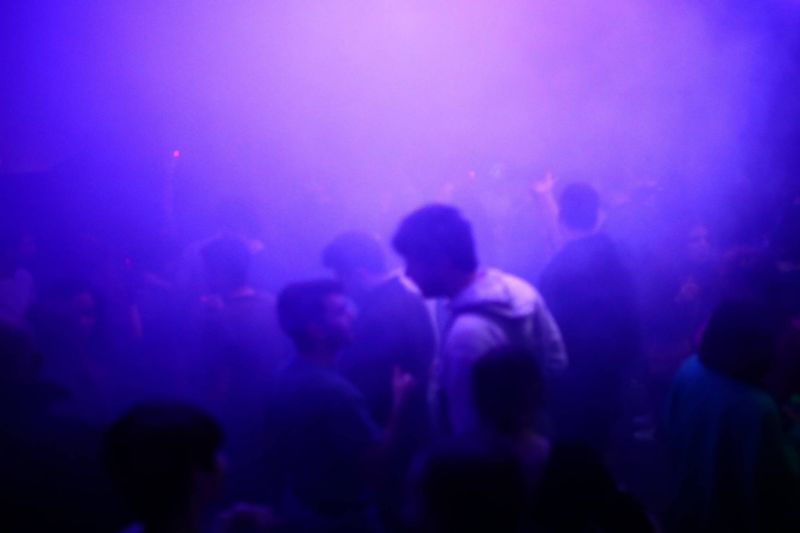
Beirut, 2022. (Credit: Tamara Saade/L'Orient Today)
As soon as the calendar hits January, the winter fling starts fizzling away. Lebanon’s holiday honeymoon phase is over, and with knots in the stomach and a heart ready to scatter again across the four corners of the world, it’s time to bid farewell to the illusion that was the country for the past few weeks.
As a freelancer working in Lebanon, the three weeks of holiday bliss meant trying to make it to all the family lunches, all the drink meetups and impromptu date nights, while taking on as many gigs as I could.
Yet it would be foolish to talk about the sweetness of moments spent with loved ones, while Israel relentlessly bombs the south of Lebanon — and, as of last week, Beirut’s southern suburbs. There goes Lebanon’s schizophrenic personality, a war raging while restaurants are overbooked, prices are skyrocketing, but the so-called only democracy in the Middle East targets Beirut’s Dahiyeh with a strike.
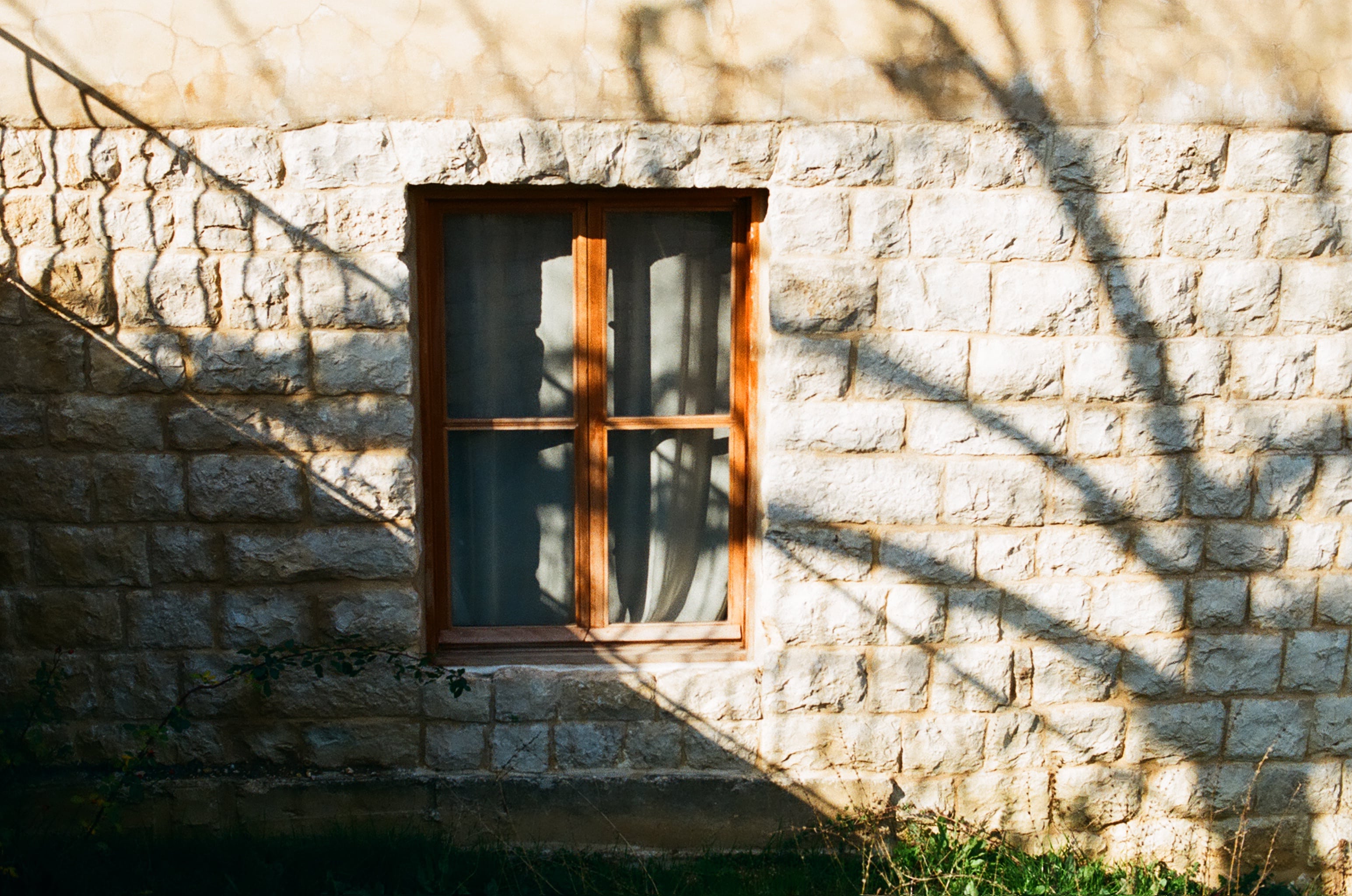 Ain Zhalta, 2021. (Credit: Tamara Saade/L'Orient Today)
Ain Zhalta, 2021. (Credit: Tamara Saade/L'Orient Today)
For the past four years, since the beginning of Lebanon’s economic crisis, all I’ve heard is the word “resilience.” Western media, foreign politicians and even some fellow Lebanese qualify the country and its citizens as resilient. It’s not resilience that drives Lebanese people to keep waking up, planning weddings, or visiting their families for the holidays. Rather, it’s the constant feeling that everything in Lebanon is fleeting, ephemeral and fragile that keeps this country alive.
And for good reason. It only takes a second for its future to be turned upside down, as last Tuesday’s attack in Dahiyeh showed. But through the inexplicable emotional grip this country has on its citizens, an indefinable sense of home, Lebanon seems to keep its head above the water.
As the generation of children born after Lebanon’s Civil War start to build families of their own, they try to pass on to their kids bits and pieces of the country they knew — even those who now live abroad and only return home in the summer and during the holidays. As I watch my own young niece, now a little over a year old, try to take her first steps where 20-something years earlier I also took my first steps, I realize it’s the tiniest of moments that make the struggle of this country worth it.
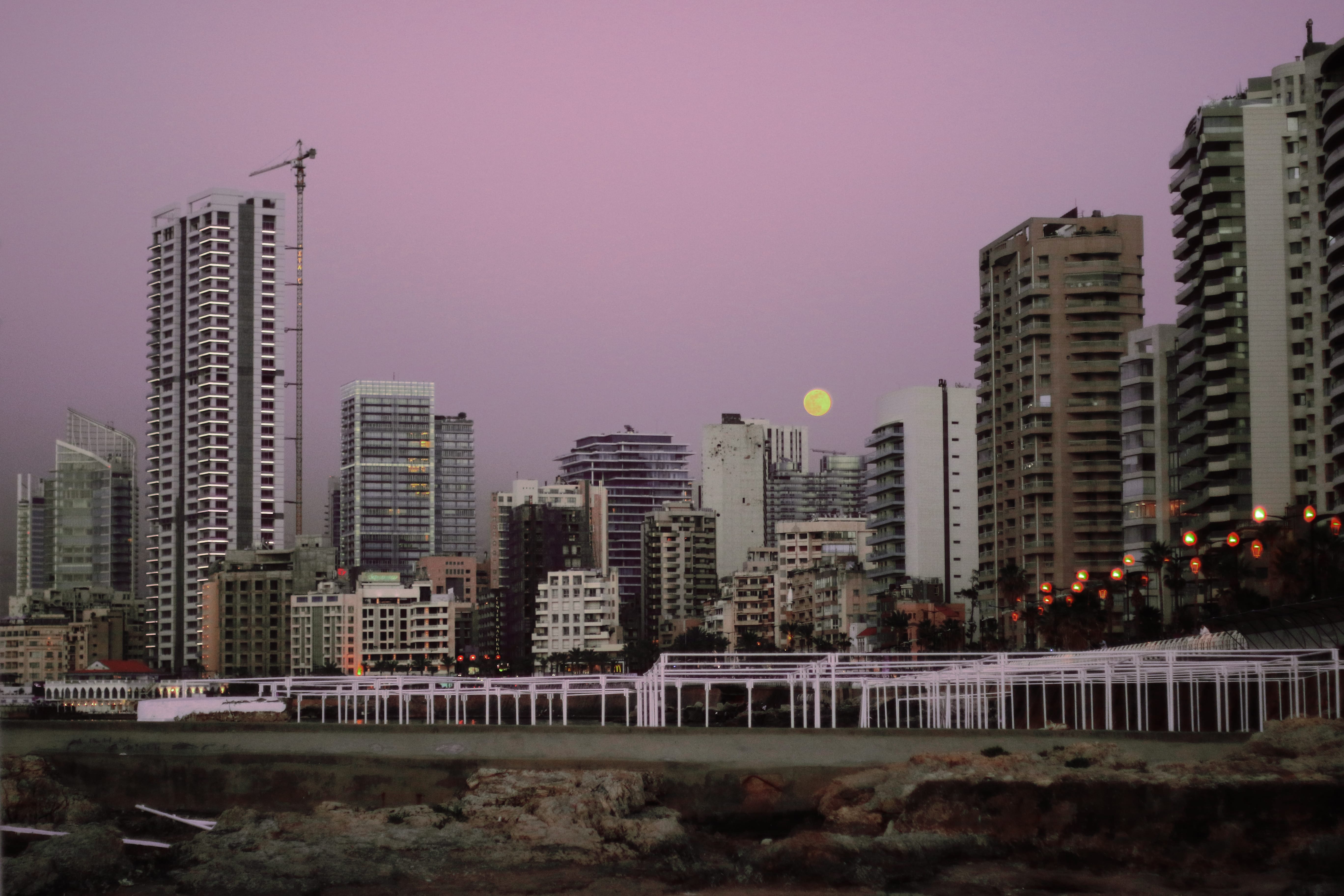 Beirut, 2017. (Credit: Tamara Saade/L'Orient Today)
Beirut, 2017. (Credit: Tamara Saade/L'Orient Today)
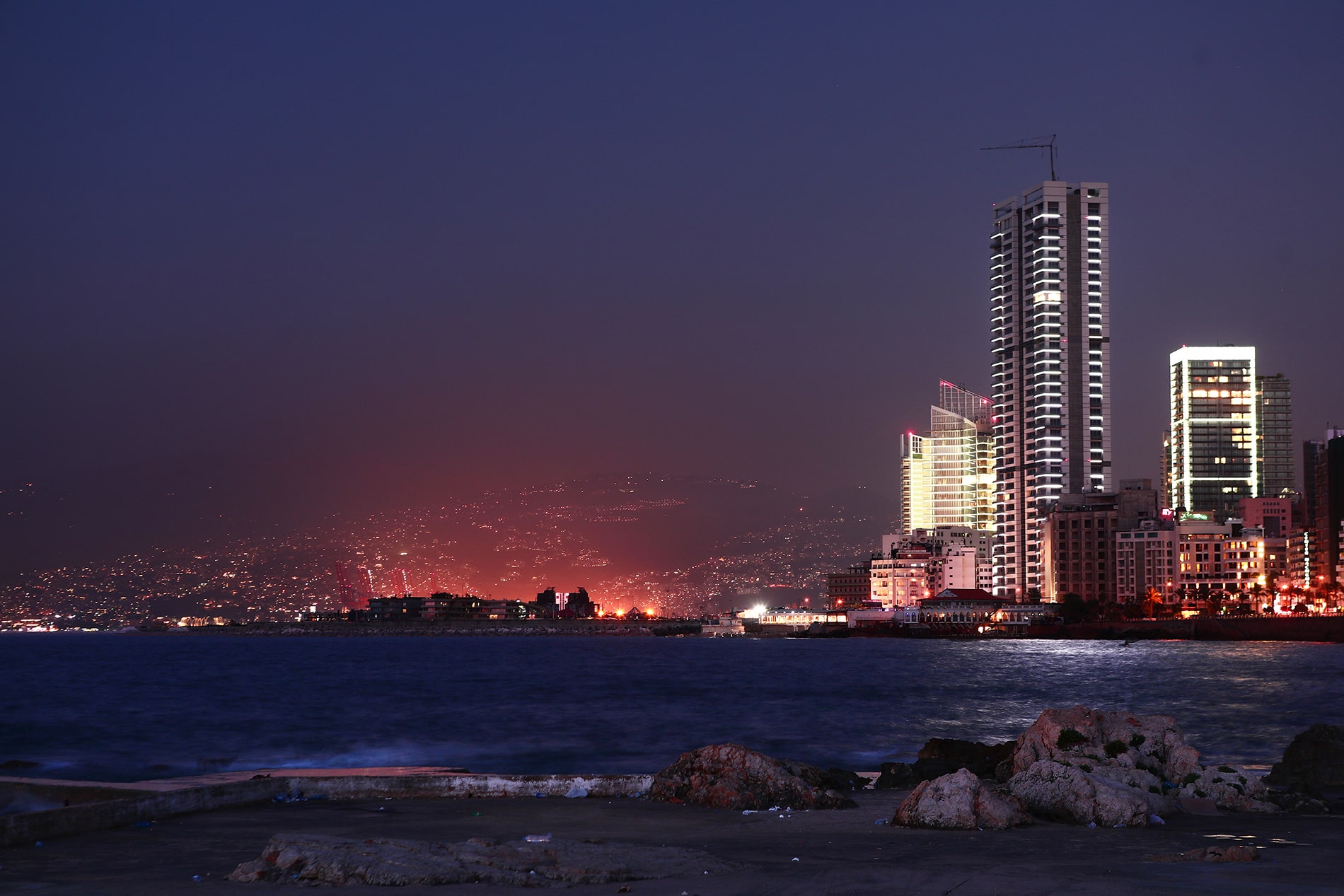 Beirut, 2021. (Credit: Tamara Saade/L'Orient Today)
Beirut, 2021. (Credit: Tamara Saade/L'Orient Today)
There is the overflowing sense of love and utter joy to see friends reunited, to watch parents become grandparents when they meet their grandchildren for the first time. The warm winter weather, walks by the Mediterranean, and strolls in the village: a country that only lives through details and stolen moments of blissfulness. Picking up my best friend from the airport in early December, in between flooded arrival gates and before this week’s hacked screens, was the epitome of happiness. I would joyfully pay the outrageous parking fees again, wait for her to pass the excruciatingly slow passport control and load her overweight luggage into my car, if it meant experiencing this kind of thrill once more.
And now that January is here, the infamous “expat season” comes to an end, and the dreaded dip begins. Like the ebb and flow of tides, the country will sink into a lull again. A longing, nostalgic and bittersweet limbo. Is it the memory of a dream, or is it the dream of a memory?
Trying to fit an entire life into just a few weeks across the holidays and summer, a couple of vacation days scattered here and there means a whiplash of emotions: from euphoria to emptiness, from exaltation to grief. This country is an endless cycle of sorrow, mourning the life and the people lost at the mercy of greed, carelessness and absurdity.
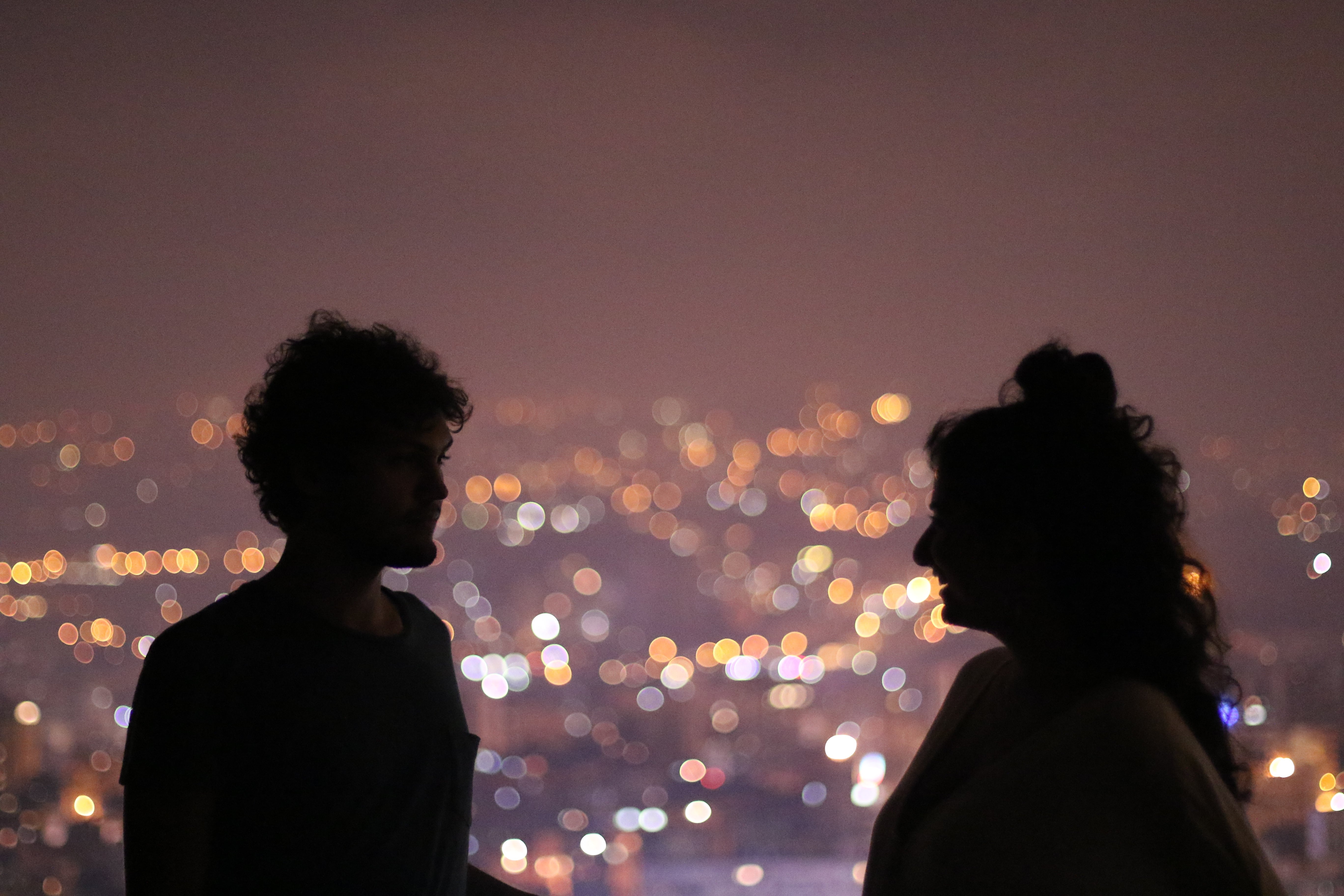 Beirut, 2016. (Credit: Tamara Saade/L'Orient Today)
Beirut, 2016. (Credit: Tamara Saade/L'Orient Today)
After the Aug. 4, 2020 explosion, Lebanon underwent another brain drain of its youth, mirroring the generation who lived through the Civil War’s mass exodus. And history repeats itself, a pattern of seasonal economies, while half the country lives beneath the poverty line. Lebanon wrestles with dichotomies, existing in a state of perpetual contradiction, teetering on the edge of self-destruction.
And so, the Lebanese do what they do best: make the party last until dawn, and the after-party until dusk. Hang on to the illusion of a reality, too scared to let it go for it might never come back. Hold their families for a minute longer, making up for the thousands of kilometers that separate them.
Until the next time. Until summer, weddings or any celebration that will bring together millions from all over the world. Even Lebanon’s dating apps are full of expats visiting from Dubai, Paris and Riyadh, and even tourists looking for a fling in Lebanon. A fling that can last a couple of months instead of a few weeks, a fling with an aftertaste of sea salt, lemonade and the eternal fear of another garbage crisis, a military escalation, a war, a political vacuum or a near-nuclear-level explosion. But a fling nonetheless: a condensed experience that’s over as quickly as it started.
Tamara Saade is a journalist and photographer based between Beirut and New York. She mainly covers human rights, the intersectionality between home and identity, and intimacy, especially in the Middle East.
